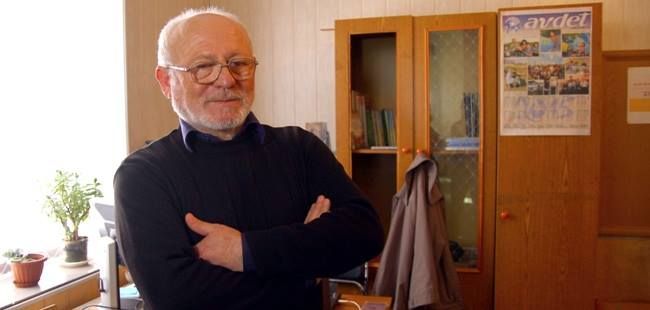A narrative is emerging about Russia’s goals and ambitions in Ukraine. In this version of what is motivating Russia, the elite want the prestige they think they got from Yalta in 1945, when Stalin sat down with Churchill and Roosevelt and the three leaders carved up Europe between them. They want the full sit-down-at-Yalta-and-divide-up-Europe experience that Stalin had.
The implication is that Ukraine is just another prestige project for Russia, similar to last year’s Sochi Olympics, but on a much grander scale. Crimea and Ukraine then are about the respect and prestige of Russia in the world’s eyes. To quote the oft-repeated refrain: “Russia is getting up off its knees.”
But only a few years ago, the fact that Russia was granted a seat in the G20 was held up as an indication that this was already taking place. The discussion of a multi-polar world where Russia could play a constructive role has switched to one where Russia wants primacy of place at the table with the United States, as in the post World War Two era.
The Russian elite are not trying to hide this fact. The idea can be easily found in multiple English language media outlets.
For example, there have been at least two articles by the oligarch Alexander Lebedev in the past year advocating a second Yalta as a way forward.
Just weeks after the Russian invasion of Crimea Lebedev offered a way out. In his newspaper The Independent, he wrote:
The modern summit would be empowered urgently to look at a whole spectrum of issues - military, security, economic - including the status of the Crimea (perhaps considering some sort of free zone status as a way of compromise), the Russian Fleet, a glaringly necessary Marshall Plan for Ukraine… Even in preparing such a gathering there would be major obstacles. One of them, for example, would be the position of Poland, whose informal veto on the tripartite talks between the EU, Ukraine and Russia was at the root of the current troubles.
Writing in The American Interest in September, Vladislav Inozemtsev also advocated a second Yalta:
The objective of the New Yalta Conference would be the formulation of the conditions for peace in the east of Ukraine and the elaboration of a common attitude toward unrecognized states or territories outside internationally recognized borders.
Inozemtsev also suggested:
In fact, the task of the conference should be redrawing the lines of power running through Eastern and Southern Europe, which would secure new borders and frontiers for the coming decades and protect them from challenges arising from either side.
In another article Lebedev and Inozemtsev wrote together in Lebedev’s newspaper a couple of months later, they again called for a new Yalta Conference.
Lebedev and Inozemtsev are not the only two who have advocated a new Yalta Conference as a way forward. Somehow this would also magically reform the United Nations, though how that would take place was not specified.
The invocation of Yalta is particularly poignant for Russia this year as it commemorated the 70th anniversary of the conference in February. Russia also installed a statue of Stalin, Churchill, and Roosevelt at Yalta's Livadia Palace last month to commemorate the anniversary.
A similar thesis was proposed by another Russian PR guru, Stanislav Belkovsky.
...“Putin’s most important task is to become in international politics a new Stalin, not in the domestic sense but in the international. That is, to move toward a second Yalta, to return to the world of Yalta and Potsdam, and to agree with the US and the EU, and in the case of the EU in the first instance with Germany, about the division of the world” with clearly “fixed zones of influence.”
This is message coming from Russia’s elite. A new world order that envisions a resurrection of the dreaded “spheres of influence.” This script has been played out before, and we know the results. Entire countries and populations were sacrificed on the altar of this fantasy. Are we willing to allow history to repeat itself?





